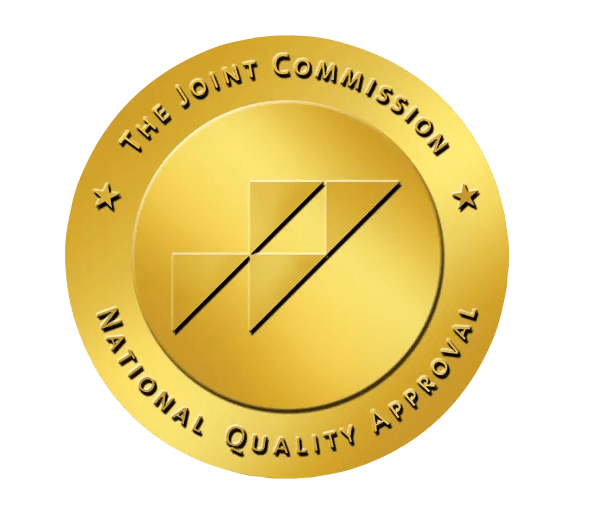Can Trauma Lead to Substance Abuse?
Life can be tough. Sooner or later, we all go through tough times and even traumatic events. Trauma can be a sustained series of events (like abuse) or it can be a single incident. Sadly, a traumatic experience may lead someone to turn to drugs or alcohol.
What is a Single-Event Trauma?
Single-event trauma is defined as a trauma that happens to one person in a single incident. Examples of single-event trauma include a mugging, an attack, a physical injury, or anything else that threatens a person at a single point in time. People who suffer from these instances often feel shame. They feel shame that they were unable to avoid the attack even though an event like that could not be foreseen.
There are other instances – such as the death of a loved one – that can also be traumatic. They may feel guilt for not being able to help their loved one or they may feel like they didn’t spend enough time with them. Because of these feelings, people often keep their trauma a secret from others. Unfortunately, this only increases the severity of the trauma and often it creates other problems. People often end up feeling isolated, alone, or even victimized.
A traumatic situation can send a person down a negative spiral. It can also cause changes to the person’s body and mind that makes them look to drugs or alcohol.
The Effect of Trauma on Your Body and Mind
A traumatic event has a severe and immediate effect on your physical and emotional health. This can lead to problems like anxiety, depression, post-traumatic stress disorder, and even substance abuse. Often, it is difficult for an individual to return to normal activities – social and occupational. Because of these problems, people turn to drugs or alcohol to self-medicate. These seem like a simple and effective way to numb the physical and emotional pain, but it often leads to addiction.
Treating Addiction and Trauma Simultaneously
It is impossible to treat substance abuse and trauma separately. These are very complexly intertwined, so treatment must be for both. A dual treatment will include the following steps:
- Identifying the source of the trauma
- Eliminating feelings of shame or guilt associated with the trauma
- Managing negative emotions caused by the trauma
- Reinforcing positive feelings and rebuilding self-esteem
- Illustrating how the trauma was not the person’s fault
- Examining positive ways of coping with trauma symptoms
- Helping a person gain control over their emotions and decreasing anxiety
Healing
Here at Holland Pathways, we have experts that are ready to help you overcome trauma and substance abuse.











